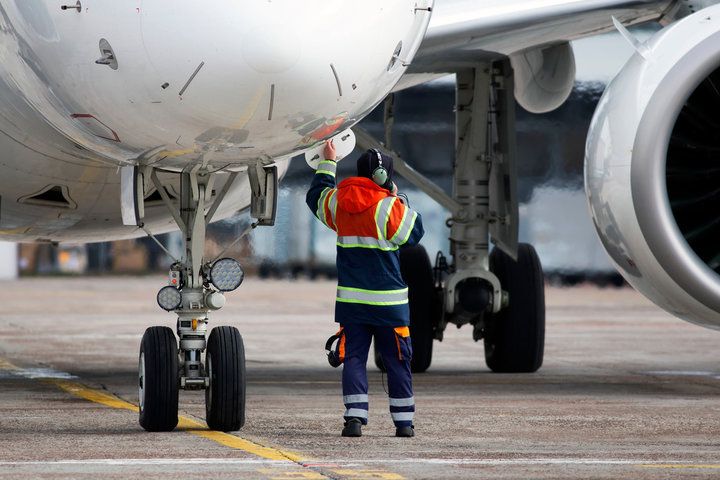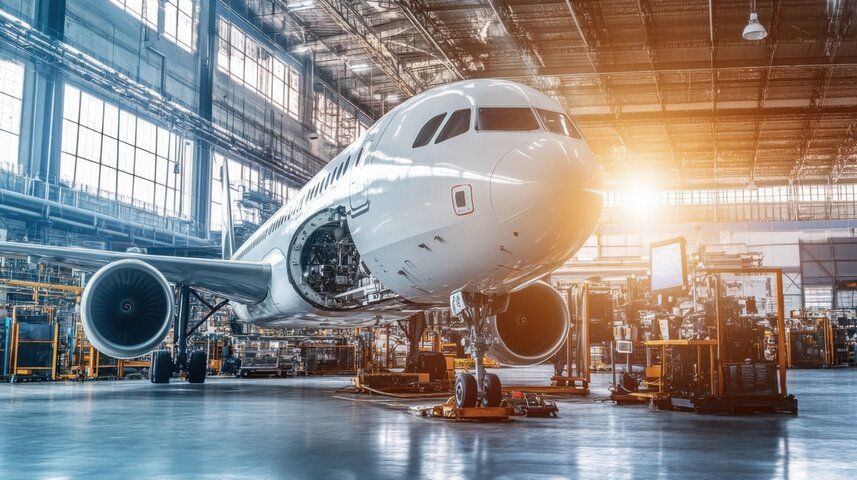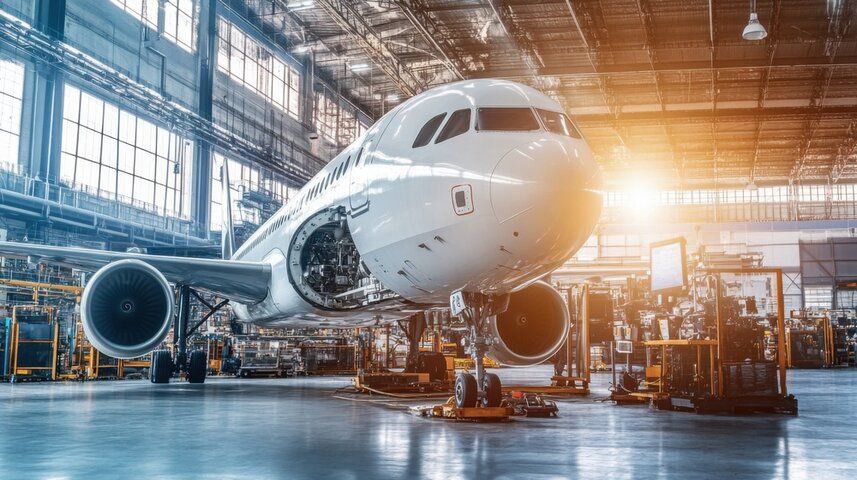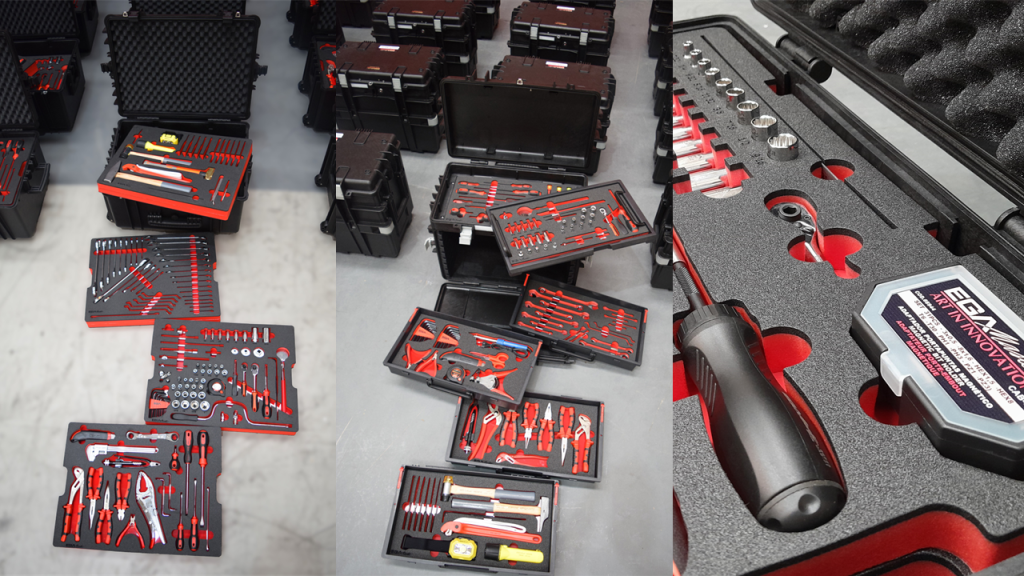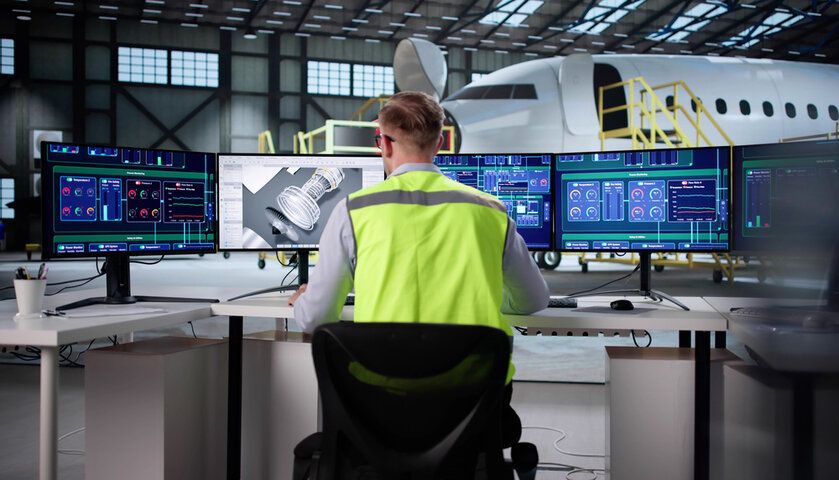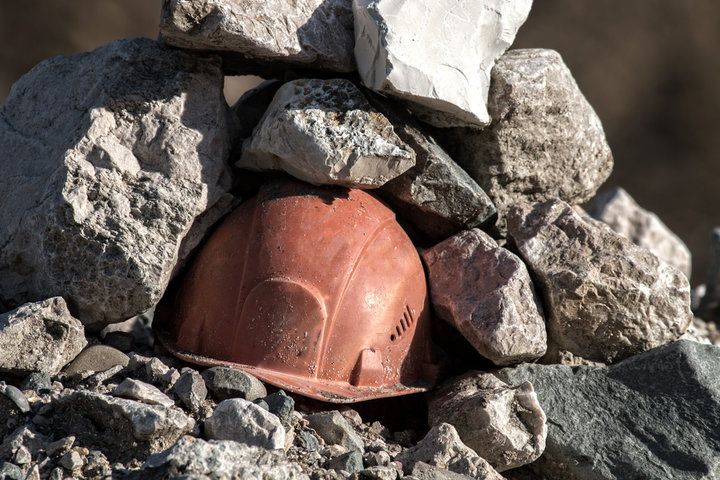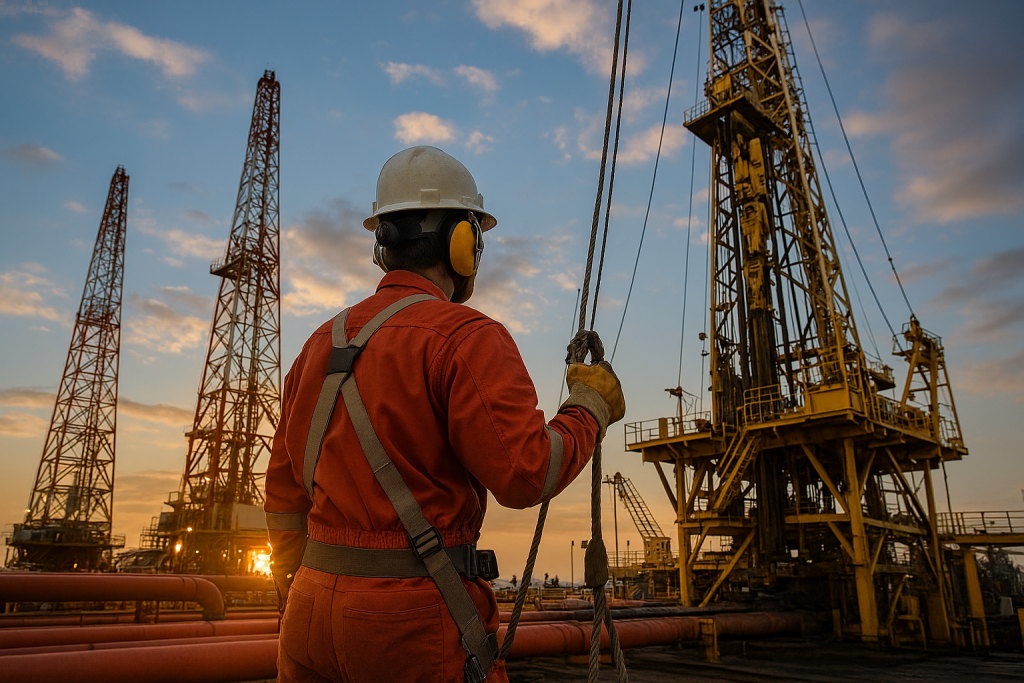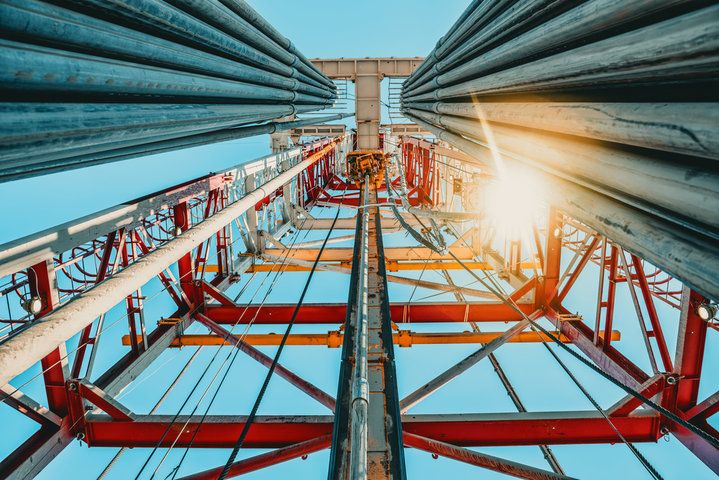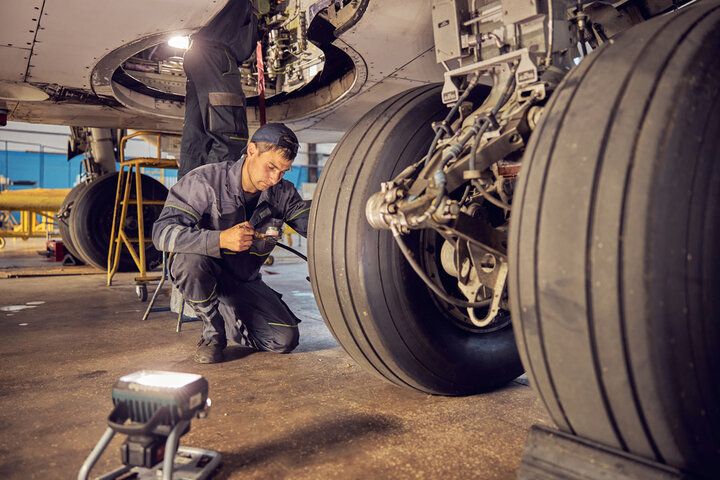Technical Support 
Technical Support
Archive
AOG and hand tool: Yes, speed is needed, but never without control
When an aircraft enters AOG (Aircraft On Ground), a race against time begins. Every minute matters, but an AOG is not just about speed: it is speed with control, because any deviation can compromise airworthiness and flight safety.
Feb 11, 2026
0 comments
Conclusion: CAMO and AMO as a structural pillar of continued airworthiness
Airworthiness does not depend on a single organization, but on a technical and regulated ecosystem where each actor plays a critical role.
Jan 28, 2026
0 comments
CAMO and AMO: A key binomial for aviation safety
In the aeronautical ecosystem, safety does not depend on a single piece, but on the perfect coordination between different actors. Two of them are the CAMO (Continuing Airworthiness Management Organization) and the AMO (Approved Maintenance Organization). Although their roles are different, their collaboration is what ensures that each aircraft flies to the highest standards.
Jan 14, 2026
0 comments
Comparison of Tool Kits for Aviation Technicians: B1, B2 and D-Check
In the world of aircraft maintenance, having the right tool kit is not only a matter of efficiency, but of safety. Each specialty—whether it's B1 (mechanics), B2 (avionics), or D-Check (major maintenance)—requires a specific set of tools tailored to its duties. Below, we look at the key differences between these kits.
Dec 30, 2025
0 comments
CAMO and AMO Audits: How They Ensure Everything Is Met
In aeronautical maintenance, safety is non-negotiable. To guarantee this, audits of the CAMO (Continuing Airworthiness Management Organization) and AMO (Approved Maintenance Organization) are essential. These periodic reviews ensure that each process complies with international standards and current regulations.
Dec 17, 2025
0 comments
The Evolution of Airworthiness Management (2023–2025): A New Era for Aviation Safety
Airworthiness, understood as the ability of an aircraft to operate in safe conditions, has always been an essential pillar of aviation. However, between 2023 and 2025, this concept has undergone a profound transformation, driven by regulatory changes, technological advances and a more mature safety culture
Dec 1, 2025
0 comments
Stories that teach: real mining accidents due to inadequate tools
In mining, security is non-negotiable. However, reality shows that small oversights can trigger tragedies.
Nov 19, 2025
0 comments
Why Custom-Marked Tool Sets Are Essential in Upstream Oil & Gas Operations
Upstream Oil & Gas operations, including exploration and drilling, take place in extreme environments: at heights, in confined spaces, and around energized equipment. Custom-marked tool sets offer critical advantages
Nov 6, 2025
0 comments
Tools for Derricks in the Oil & Gas Industry: What you need to know
Derricks are critical metal towers in oil and gas drilling, designed to support pipe and drill bit lifting equipment. Its operation requires specialized and certified tools to ensure safety, accuracy, and efficiency.
Oct 8, 2025
0 comments
EASA Part M: requirements for a CAMO
In the European aeronautical maintenance framework, EASA Part M constitutes the regulatory basis for the management of continuous airworthiness. Its aim is to ensure that any aircraft, from an Airbus A320 to a light helicopter, remains in safe flying condition throughout its entire operational life.
Sep 24, 2025
0 comments

